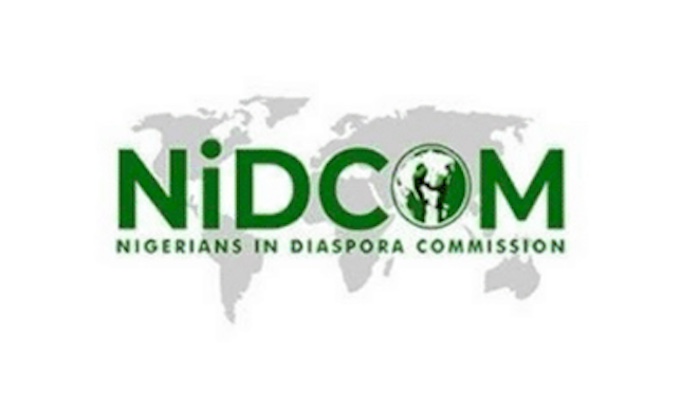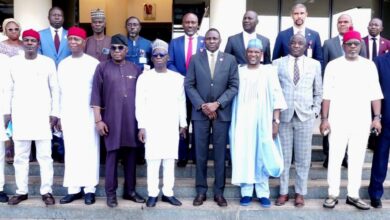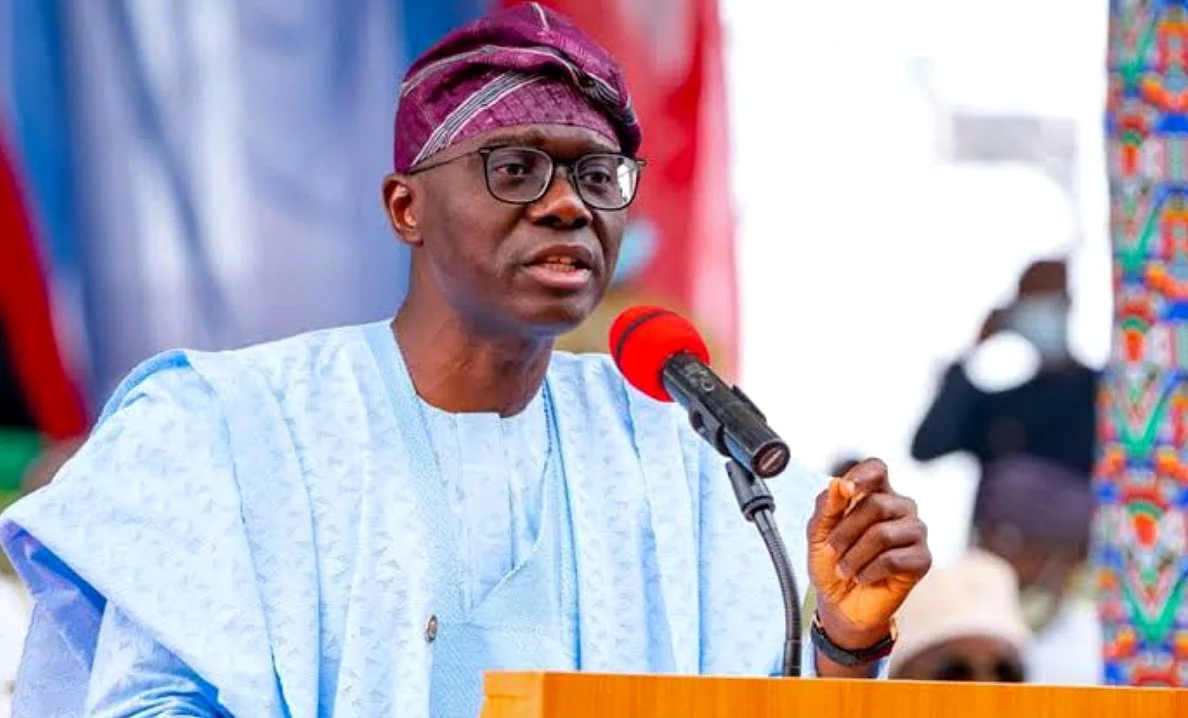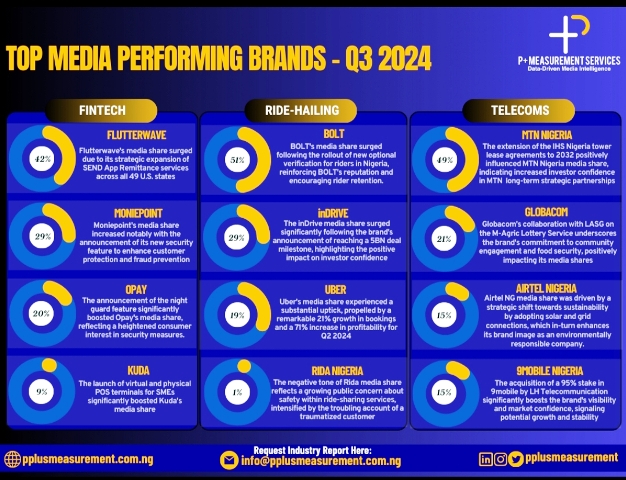Trump’s Africa plans take pragmatic turn
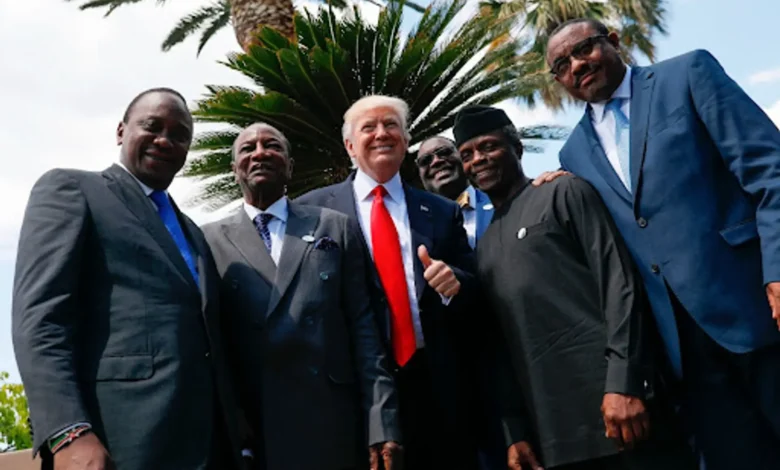
Republican-leaning US-Africa specialists are predicting that a second Donald Trump administration would take a more “transactional, realistic and pragmatic” approach in dealing with Africa.
With just days to the US election on Nov. 5, Africa has not been anywhere on the agenda for either candidate. But the Kamala Harris campaign has been reaching out to Africa policy specialists to pull together a strategic plan for the Democratic candidate.
Trump’s four years in office were characterized by reports of a reportedly dismissive attitude towards Africans, most famously his reference to “s-hole countries” — but his supporters say he was the first to raise awareness about what a huge threat China is to US interests in Africa. “You will again see aggressive countering of Chinese influence in Africa,” Tibor Nagy, a former assistant secretary of State for African Affairs under Trump and a former ambassador to Guinea and Ethiopia.
One key focus of this transactional approach will be on starting to lock down supply chains for critical minerals in Africa used for green energy batteries used in electric vehicles and phones.
“There is no denying that access to the many critical minerals that Africa has in great abundance is needed for America’s economy today as well as for the technologies that will lead us into the future,” said Ambassador J. Peter Pham, a former US Special Envoy for the Sahel Region of Africa under Trump. “Also, the monopolization of supply chains for those strategic resources by any single country, much less a revisionist power like China, is a threat to U.S. security.”
The Trump agenda, which was presaged by the publication of the controversial 900-page Project 2025 document from the Heritage Foundation, had indicated a fairly traditional approach to US-Africa affairs in its foreign policy section. But the furor that surrounded some of the more radical proposals that would have given the president more executive power, has seen Trump distance himself from it as have some of those involved with authoring the Africa section.
There are often few major material differences between the Republicans and Democrats on US-Africa policy. But conservatives have been openly critical of what they have called a “preachy” approach by President Joe Biden, and his vice president Harris, in championing so-called “cultural issues,” such as support for LGBTQ issues, rather than focusing on trade and business. “I think there’ll be a more pragmatic, interest-based approach to the continent with less emphasis on preaching but also less on democracy and human rights,” said Joshua Mersevey, fellow at Hudson Institute, a Washington DC think tank.
In particular, conservatives have called out what they see as the mishandling of relationships in West Africa’s Sahel region after a series of military coups between 2021 and 2023 in Guinea, Mali, Burkina Faso, and Niger. “There’ll be more skepticism [under Trump] as to how publicly berating our partners just hurts our relationships with those countries,” said Mersevey.
Pham, who spoke in a personal capacity and not for the Trump campaign, is widely believed to have some role to play in a possible second Trump administration’s approach to Africa. He said Biden had placed “social engineering and lectures” above “pragmatism and diplomatic engagement.” He argued that this approach has opened the door to US adversaries including Russia and China in security and economic terms.
One area of the Biden-Harris approach that has not been criticized is the Lobito Corridor, a multibillion-dollar logistics and communications infrastructure project which connects the Lobito Port in Angola to the critical mineral mines of Zambia and DR Congo. Conservative Africa watchers see the project as a model to build on, or replicate, particularly with a view to wresting some control of the critical minerals supply chains back from China.
Nagy argues that this will be good for African countries because it creates options for governments rather than having only one game in town.
What is clear is that whether a Democrat or Republican White House, Africa may not be at the top of foreign policy agenda but it has definitely moved up as the US worries about the different forms of great power rivalry beyond security.
But the simple truth is that there is little substantive difference between US-Africa policy thinkers on either side of the aisle in Washington DC. And in their quiet moments, away from the politicking, they acknowledge this. Most experienced African diplomats and government officials also know this. What is less clear is if they know how to take advantage.
THE VIEW FROM SOMALILAND
One possible winner if Trump returns to the White House might be Somaliland, the unrecognized country in the northwest of Somalia. The de facto state has many supporters on the political right in the US and might be able to move forward with its attempts to become a fully recognized state. On Nov. 13 it will hold its fifth presidential election since 1997, even as Somalia struggles to find political stability. “Somalia will be concerned” if Trump wins, said Hudson’s Mersevey. Nagy says there will be “more sympathy for places like Somaliland” in a Republican administration. “Somaliland stands on its own feet, It’s very pro-West, very free market oriented and it takes care of the security of its own territory and it holds regular elections.”
ROOM FOR DISAGREEMENT
Under the Biden-Harris administration, the White House and the US State Department have been one of the most engaged with Africa with a series of high profile visits to countries on the continent. Vice President Harris last year visited Ghana, Tanzania, and Zambia. Other visits have includedTreasury Secretary Janet Yellen and Commerce Secretary Gina Raimondo. The administration has also been keen to point to the successful hosting of the US-Africa Leaders Summit in December 2022, the first such event in eight years and the rollout of the Lobito Corridor project. Culled From Africa.com

